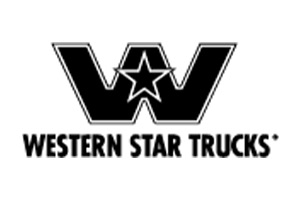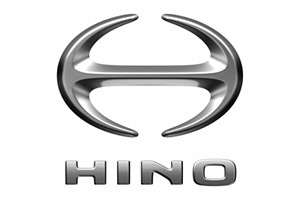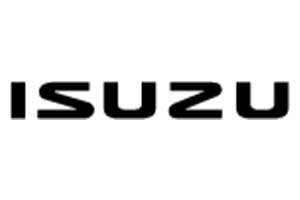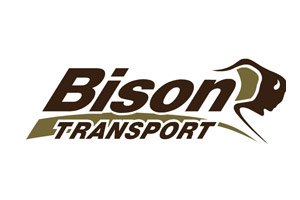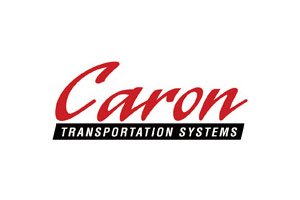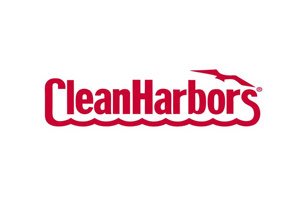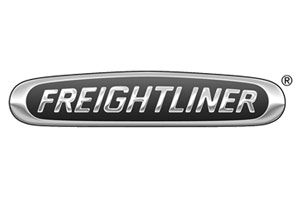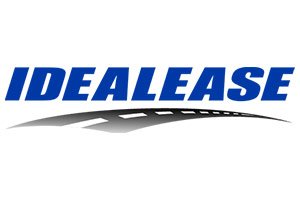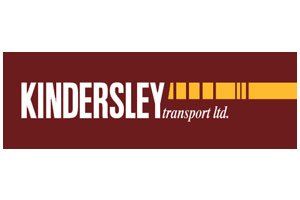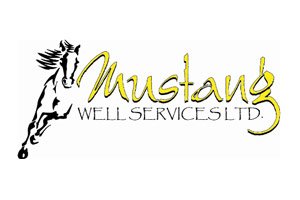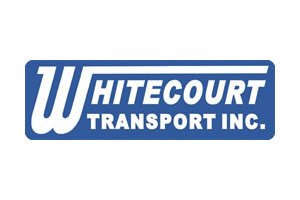
Inspections reduce breakdowns and increase road safety, making them a no-brainer for any truck owner. They ensure safety and compliance, so you won’t get nasty surprises on the road.
Coppertop Truck Repair in Alberta raises the bar on what a complete inspection should be. They get into every nook and cranny, finding problems before they become major catastrophes. .Choosing Coppertop means peace of mind. Their team knows its stuff, ensuring your vehicle meets all legal standards. With their help, you avoid fines and keep your rig running like a dream.
Do you drive a big rig or run a small fleet? Don't skimp on safety – it's worth every penny. Count on Coppertop to get you where you need to go safely and securely!
Key Takeaways
-
Routine inspections of commercial vehicles help keep roads safe. They also enable operators to comply with legal standards, which are essential for everyone in the industry.
-
Different types of inspections, including pre-trip, annual, and roadside, encompass various safety and operational features of commercial vehicles.
-
Key components they check include brakes, lights, tires, and engine performance to make sure each vehicle is roadworthy and safe.
-
Regular inspections can help avoid expensive repairs, minimize the risk of accidents, and keep businesses in good standing.
-
Not passing those inspections can result in fines, higher insurance rates, and possibly losing your business license.
-
An experienced inspector will give you an accurate assessment of your vehicle and some brilliant maintenance tips while you're at it—just choose a reliable inspection facility.
What Are Commercial Vehicle Inspections
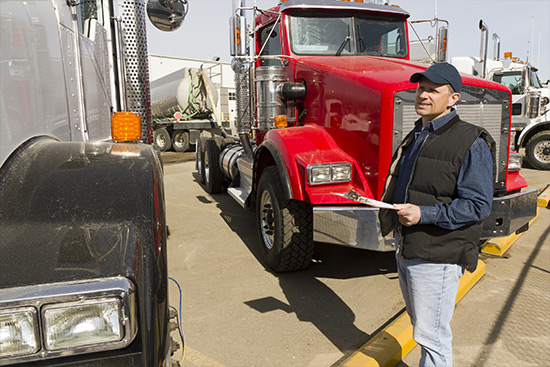
Definition and Purpose
Commercial vehicle inspections are like visits to the doctor for your business’s fleet.
These inspections look at the safety and workings of trucks and buses to make sure everything’s running smoothly.
The bigger goal? Keep accidents at bay and make sure goods and passengers get to where they’re going safely.
When these vehicles are inspected regularly, it helps ensure our roads remain in good condition for everyone.
It’s also about adhering to industry standards and rules, so everything runs above board.
Think of it as a routine that checks everything from the engine to the frame and brakes.
Did you know that inspectors spend approximately 45-60 minutes on each vehicle? That’s because they’re comprehensive and adhere to DOT and FMCSA rules. They check everything on a vehicle to ensure nothing's missed.
It’s not just a one-size-fits-all deal, either. We have eight different levels of inspections. Level I scrutinizes both drivers and vehicles, while Level VI is specific to radioactive materials.
Importance for Safety and Compliance
You know how regular check-ups catch health issues early? Regular vehicle inspections do the same for safety hazards.
They're critical for spotting problems that could lead to accidents. Staying on top of these inspections helps companies avoid legal trouble.
Nobody wants to deal with penalties, and by following their inspection rules, they won’t have to worry about that.
There’s a bigger picture too.
When inspections do happen, they reduce the likelihood of accidents and increase driver safety. It’s about making sure every driver operates responsibly.
Here, enforcement officers are a key piece of this puzzle, driving nearly 4 million inspections each year in North America. That’s a lot of trucks and buses being checked to keep our roads safe!
If a vehicle passes the inspection with high marks, it earns a CVSA decal. This decal shows that the vehicle meets those rigorous standards.
This decal proves the vehicle passed its inspection. It has no critical violations, which happens about 90% of the time.
Feeling safer already?
Types of Inspections
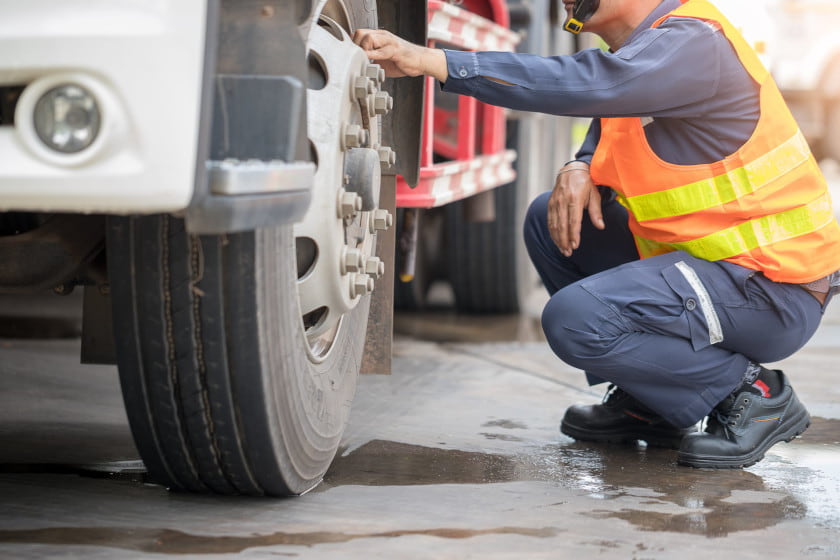
1. Annual and Semi-Annual Checks
Annual inspections are a mandatory feature for most heavy commercial vehicles, such as trucks and buses.
These checks are thorough, ensuring the vehicle meets all safety standards.
They typically also include a Level 1 inspection (the most comprehensive kind), which takes about 45-60 minutes. This encompasses everything from inspecting the vehicle's condition to the driver's qualifications and safety equipment.
For some passenger vehicles, semi-annual checks may be necessary, particularly for vehicles that are regularly used to carry many passengers.
Less common, but equally important, these checks help catch issues early before they become big problems.
Keeping valid inspection certificates is important as it shows the car is roadworthy. Operators must schedule these inspections in advance.
This proactive approach helps avoid compliance lapses that can lead to fines or worse.
2. Daily Inspection Procedures
Daily inspections may seem cumbersome, but they're critical for certain vehicle types, particularly those that are driven every day for public transportation.
These pre-trip checks involve looking over the vehicle's basic systems and documenting any findings. It’s a quick health check for the vehicle before getting behind the wheel.
Reporting defects right away is essential. If something’s broken, it needs to be fixed ahead of the next trip.
The validity of these inspections depends on the severity of the defects. While minor issues may allow for short-term use, serious defects demand prompt attention.
Daily checks keep vehicles out of the garage and stop surprises.
3. Specific Safety Standards
There are some safety standards they have to be up to when they're inspected.
These standards include items such as brake systems, steering mechanisms, and suspensions.
For example, a Level 5 inspection takes up to 45 minutes to thoroughly examine these systems.
These standards are there for a reason — they keep vehicles trustworthy and safe.
These standards should be generally familiar to operators, as they change and evolve.
Knowing what parts are tested can help operators prepare their vehicles better.
This knowledge prevents them from falling for the most common pitfalls that lead to fines.
4. Exemptions and Special Cases
Not all vehicles require routine inspections. Certain ones might be exempt depending on their type or use.
For example, vehicles that carry special shipments, such as radioactive materials, need special inspections to be compliant with regulations.
Getting to know these exemptions can prevent you from receiving extra checks.
Operators should check on their vehicle's status and understand who is exempt.
That way, they are not wasting time and money on inspections they do not require.
Components Evaluated in Inspections
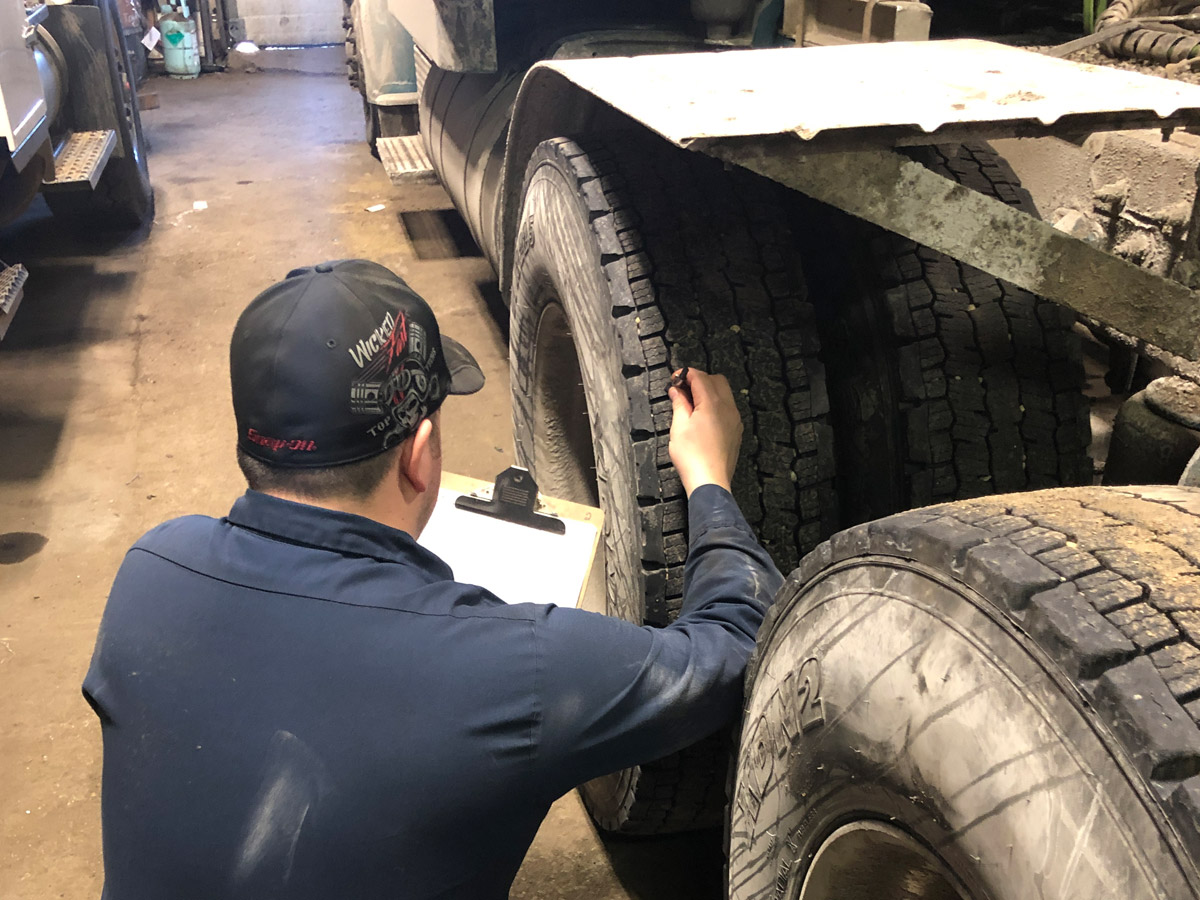
Brake Systems
Brake systems do a lot to keep everyone on the road safe.
When inspectors come through, they are looking at both hydraulic and air brake systems. They inspect brake pads, rotors, and even brake lines to ensure everything functions properly.
If your brakes are not in good shape, you could face some terrifying consequences. It can still happen by accident, or you might even get some fines.
That makes it really important for the operators to take notice of their brakes and have them evaluated on a regular basis.
After all, good brakes make safer drives for all of us.
Steering Mechanisms
Steering mechanisms need to be in tip-top shape to drive smoothly and safely.
If they inspect it, they check the steering wheel, the linkage, and the fluids.
If something's off, it can lead to things such as loss of control of the vehicle, which is downright dangerous.
That's why regular checks and maintenance on steering systems are a must.
It makes sure the vehicle reacts appropriately, keeping the driver and other road users safe.
Lighting and Reflectors
Having working lights and reflectors is essential for visibility in rain or other poor weather, and at night.
Inspectors check headlights, taillights, and turn signals to ensure they're functional.
A problem itself isn’t necessarily an increased risk of an accident. It could even require the vehicle being sidelined altogether.
Therefore, operators should develop a habit of checking and replacing any defective lights or reflectors.
It's all about being seen (and staying safe) on the road.
Tires and Wheels
Tires and wheels play an important role in whether the vehicle is stable and safe. Inspections often include checking tire tread depth and the condition of the wheels.
Correct pressure and alignment save lives and prevent accidents. Operators should actively maintain their tires, rotating them regularly and checking the air pressure.
This proactive approach helps prevent problems and ensures compliance with safety standards.
Benefits of Regular Inspections
Ensuring Legal Compliance
Regular inspections aren't just a good idea — they're necessary to stay within the law.
If you own a commercial vehicle, inspections help you dodge fines and keep everything above board.
They ensure your ride has all the right papers to stay on the road legally.
If you're up-to-date on inspections, you also don't have to worry when rules change.
Check your vehicle regularly to avoid penalties and stay up to date on new regulations.
Inspections aren’t just another task; they’re the key to your smooth sailing.
Enhancing Road Safety
When it comes to keeping roads safe, regular inspections are a game-changer.
They see potential problems before they become accidents and correct them. This proactive approach extends beyond legal compliance. It focuses on making roads safer in Canada, the United States, and beyond.
Coppertop's inspections come into play here as they catch problems before they get serious. Inspections also help build a safety-first culture in your business. When drivers, operators, and inspectors collaborate, you can better address safety hazards.
This teamwork means safer journeys for everyone.
Reducing Vehicle Downtime
Who likes things to suddenly fall apart on them?
Not anyone running a commercial fleet, that's for sure.
Regular inspections are your best bet for keeping vehicles running smoothly. They catch issues before they become big problems, which means less downtime.
Preventative maintenance, through routine checks, ensures that your vehicles stay on the road.
Incorporating inspections into your routine develops your scheduling skills. This way, your operations run without a hitch.
It’s all about keeping things moving and cutting those expensive hold-ups.
Improving Operational Efficiency
Inspections do not only inspect your vehicles; they increase the overall efficiency of your operation.
Well-maintained vehicles translate to higher service delivery and smoother logistics.
When your fleet’s in tip-top shape, you’re also being fuel efficient, which means saving money.
It makes perfect sense to view inspections as an investment in your business’s success.
With up to 90% of vehicle failures linked to maintenance issues, staying on top of regular checks is the answer.
It’s simply about making operations slicker and saving costs over time.
Consequences of Failing Inspections
Legal Repercussions
Operating a commercial vehicle without a current inspection certificate can get you into big trouble.
If your vehicle fails a Department of Transportation (DOT) inspection, you may receive an out-of-service order. This means your vehicle will be grounded until you resolve the issues.
That can really put a dent in your operations.
In addition, fines range from a few hundred dollars to thousands, depending on the severity of the violations. For example, small violations might only be a couple of hundred bucks, but gross violations could be thousands.
In severe instances, failing a DOT inspection can result in lawsuits and even criminal charges.
Regular inspections are necessary to keep operations running smoothly. They also help you avoid getting in trouble with the law.
Increased Repair Costs
That's why it's best to stick to regular inspections – when you skip them, repair costs sneak up on you.
Small problems grow into big, expensive problems over time. You may pay much more in repair bills if you neglect routine checks.
Solving problems early is vastly cheaper than repairing catastrophic failures later. Proactive measures are the best move.
These regular inspections help nip problems in the bud before they turn into costly repairs. It’s like keeping a car running so it doesn’t break down.
You can invest a little now for inspections and save a lot on future repairs.
Operational Delays
Failed inspections can cause serious hiccups in your operations.
Imagine being ready to hit the road, only to be held back because of an inspection failure.
These delays can affect service delivery and play havoc with customer satisfaction.
Regular inspections can keep your vehicles road-ready and your business running smoothly.
When inspections are timely, you avoid disruptions, keeping customers happy and operations consistent.
On a more practical level, scheduled inspections mean fewer surprises and more reliability in service delivery.
Understanding Inspection Legislation
Governing Laws and Regulations
Knowing the laws when it comes to commercial vehicle inspections is a big deal. These rules ensure our roads are safe and vehicles are roadworthy.
One of the key laws to be aware of is the Highway Traffic Act. It's the handbook for how to maintain vehicle safety and compliance.
Watch for other regulations. They make sure that vehicles meet the right standards.
Operators must watch for changes in these laws.
Rules change all the time, so keeping a finger on the pulse is the only way to avoid getting burned.
For instance, the North American Standard Inspection Program has six levels of inspections. Being aware of these levels allows operators to be prepared for anything.
Records such as license, ELD, and DVIR must be up to date.
Getting cozy with these laws means getting into the weeds. Operators should speak to regulators to understand the specifics.
It's about doing things proactively. This way operators aren’t just playing catch-up but are ahead of the game.
Knowing the rules keeps things running smoothly and safely out on the road.
Penalties for Non-Compliance
Getting away from inspection requirements can be expensive. If operators get it wrong, they can be fined or sued. It’s not just about money; it’s about keeping the business running.
Keeping valid inspection certificates on hand is key. It’s like having insurance against penalties.
For noncompliance, this could mean getting pulled over for a roadside inspection.
Fun fact: 72% of drivers have been stopped at least once.
Even if they are, they won't know which of the six inspection levels they'll face.
So make sure you are prepared; that’s a must.
To sidestep headaches, stay on top of all your RODS and HOS.
Keeping these records up-to-date is very important!
For operators, compliance needs to be viewed as a means of safeguarding their business.
The J. J. Keller Encompass Fleet Management System is a good example of a tool that assists in this.
With 70 years of experience, it's trusted to keep things in line with DOT compliance.
Prioritizing these practices ensures that operations are not only legal but also efficient and safe.
Safety Measures Beyond Inspections

Cargo Securement Practices
Securing cargo is the best way to avoid having an accident on the road.
Envision a truck on the highway; if its load shifts or falls, it can cause a serious disaster.
Proper cargo securement stops this from happening. It’s not merely about securing things down but utilizing the right tools, such as straps, chains, and locks. These need to be checked regularly to ensure they’re still strong and undamaged.
Legal rules are strict; loads on commercial vehicles must be secure to avoid fines and accidents. That isn't the only reason operators should make cargo safety a top priority.
Truck Speed Limiters
One major aspect of safe driving involves speed limiters on trucks.
These electronic gadgets capped the speed at 105 km/h for large trucks, keeping them within limits.
They reduce accident risks and ensure trucks comply with speed laws.
For operators, it's important to ensure these devices work correctly.
It’s like a safety net that protects against the perils of speed.
It helps cut down on vehicle wear and tear, saving you money in the long run.
Handling Dangerous Goods
Hauling high-risk cargo? Inspections are essential.
Vehicles transporting hazardous material must adhere to strict safety checks. This isn’t just about playing by the rules, but about avoiding potential disasters.
Inspections catch issues before they catch up to you.
Staying up to date on regulations is important for operators because rules change when it comes to dangerous goods. Being informed helps keep the driver and the public safe from harm.
Regular inspections and adherence to safety standards are crucial in mitigating risks and ensuring smooth operations.
Additional Safety Measures
There’s more to vehicle safety than inspections.
Training drivers is really important. A trained driver knows what to look for and how to respond, minimizing the risk of an accident.
Regular maintenance supports inspections, catching issues early.
Innovative solutions such as Samsara Connected Forms help you stay on top of inspection reports, enhancing efficiency.
Organizations such as CVSA actively engage with stakeholders. Together, they improve vehicle design and driver training, which can reduce crash rates by as much as 90%.
Ultimately, these efforts create a safer, more reliable transport system for everyone.
Choosing a Reliable Inspection Facility
Criteria for Selection
When choosing where to go for your commercial vehicle inspection, consider a few things.
First, location is a biggie. You want a place nearby, so you’re not wasting time or fuel getting there. It’s useful to know of truck repair or service shops that can perform your annual inspection.
Services offered is another big point. Make sure they can do it all for you. Whether you need a simple check-up or a DOT inspection, they've got you covered.
You're subject to DOT inspections as well. Bear in mind, nearly 12,000 trucks a month get cited for skipping them, making it a critical step to complete.
When it comes to key, the turnaround time for inspections also matters. Nobody wants their cars languishing in the workshop for months.
Seek out spots with a reputation for fast and efficient service. Customer reviews and recommendations can also provide a good idea of what to expect. It's like having a friend show you how—super helpful!
Additionally, make sure the facility adheres to industry standards. You don't want a shop where they just pencil whip the FMCSA annual inspection for a quick buck.
Contacting Trusted Providers
Reaching out to inspection providers isn't just about booking an appointment. It’s about establishing a relationship.
This is about effective communication, plain and simple. Let them know exactly what your inspection requirements are.
This step is crucial, especially as many trucking companies today don’t have qualified mechanics on staff. Knowing your provider can help fill that gap.
It also helps to establish a good rapport with your inspection facility. They’ll know your vehicle even better and could provide some tips on keeping it in great condition.
Once you've found providers you want to contact, have your questions prepared. Inquire about their certifications and inspector qualifications (for example, if they've completed a federal or state-sponsored training program). That way you're working with pros who know their stuff.
Conclusion
Commercial vehicle inspections are essential for maintaining road safety.
They help keep vehicles in top form. They catch problems early, saving time and money later on.
Inspections check everything from brakes to lights, ensuring every part works correctly.
Staying on top of these checks means fewer breakdowns and accidents.
We're not just talking about rules; we're talking about peace of mind.
You need a place you can trust to check your vehicle.
Look for one with a positive reputation, qualified staff, and reasonable prices.
You have to make it a regular thing, not just a one-off.
Take action today. Schedule that inspection.
Keep your vehicle and those around you safe.
Make inspections a habit. It’s not just smart; it’s essential.
Let’s keep the roads safe and our journeys smooth.
Frequently Asked Questions
What are commercial vehicle inspections?
Commercial vehicle inspections are evaluations to ensure vehicles meet safety and compliance standards. They check several components to ensure that it is safe to keep you on the road.
Why are regular inspections important?
Regular inspections improve the vehicle's safety and efficiency. They prevent costly breakdowns and help comply with legal requirements. Regular checks save money and lives.
What types of inspections exist?
There are different types, such as pre-trip, annual, and roadside inspections. Each type gives attention to various aspects of vehicle safety and compliance.
What are the consequences of failing an inspection?
Not passing an inspection can result in fines, downtime, and legal problems. It could also lead to more accidents and higher insurance premiums.
What components are evaluated during inspections?
Inspections check brakes, tires, lights, and others. They make sure everything is working right to safely operate the vehicle.
How does inspection legislation impact businesses?
Inspection legislation guarantees vehicles are not junk. Compliance helps avoid penalties and boosts company image, which builds client trust.
How to choose a reliable inspection facility?
Pick a facility that has certified inspectors and a history of doing good work. Seek out positive reviews and recommendations from the industry to ensure quality service.
Broken down near Edmonton? Here are Coppertop’s Top Resources in the area:
Edmonton Places to Eat Edmonton Weather

